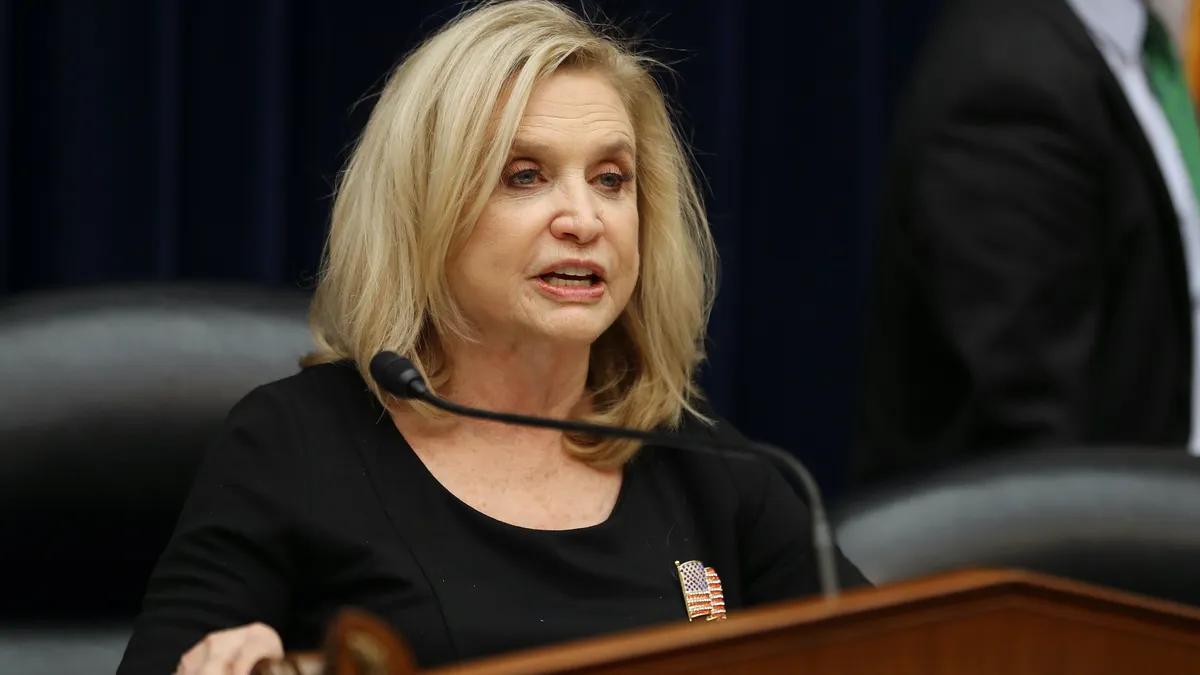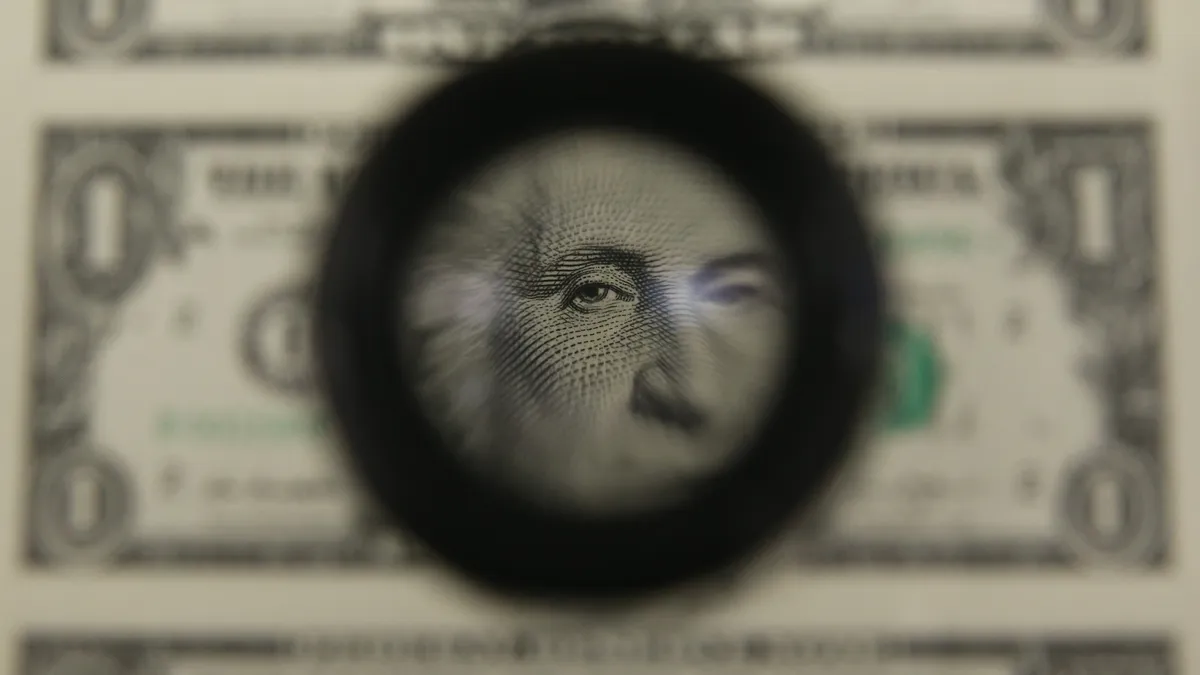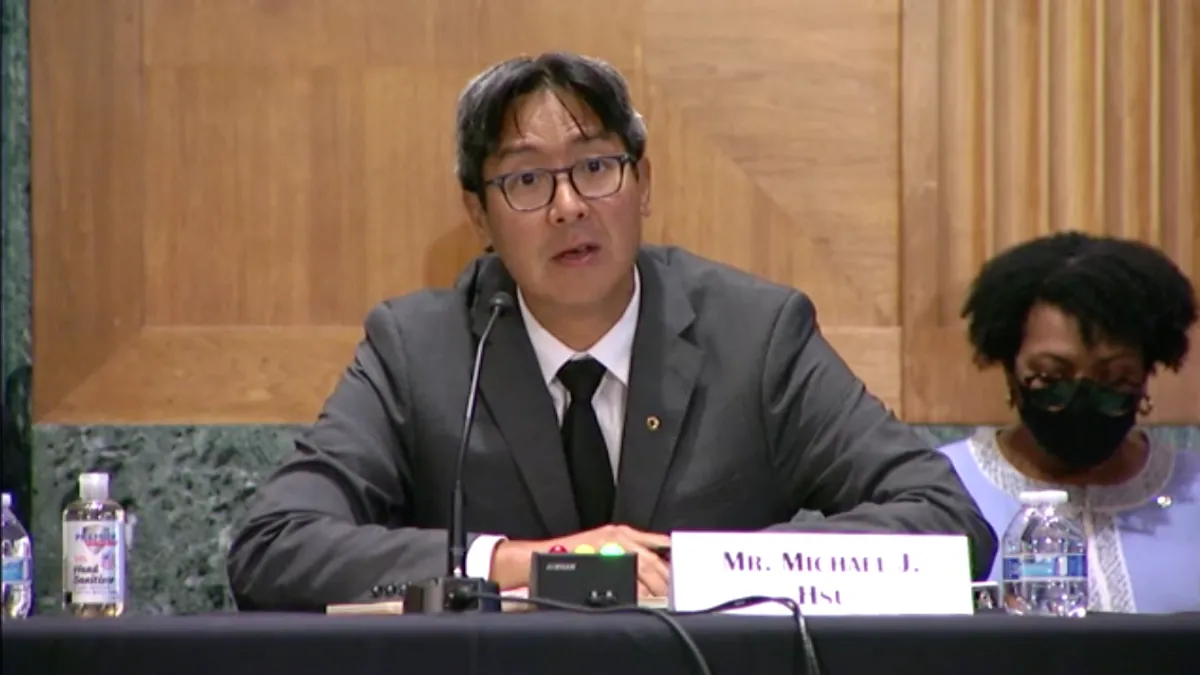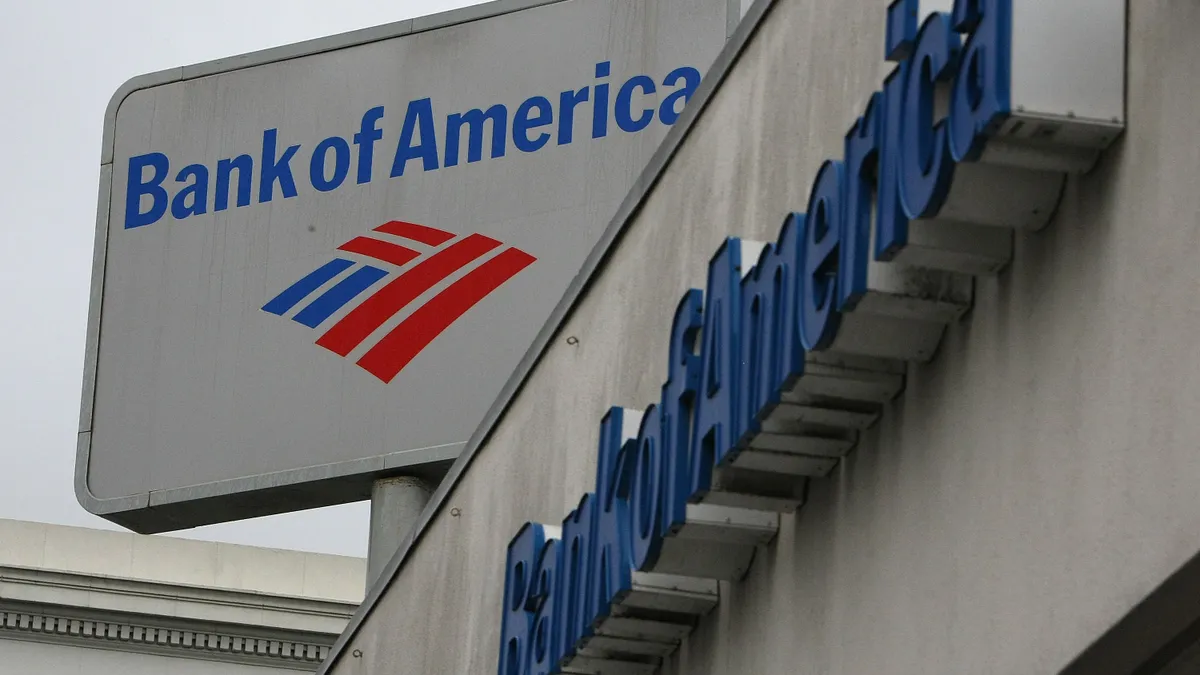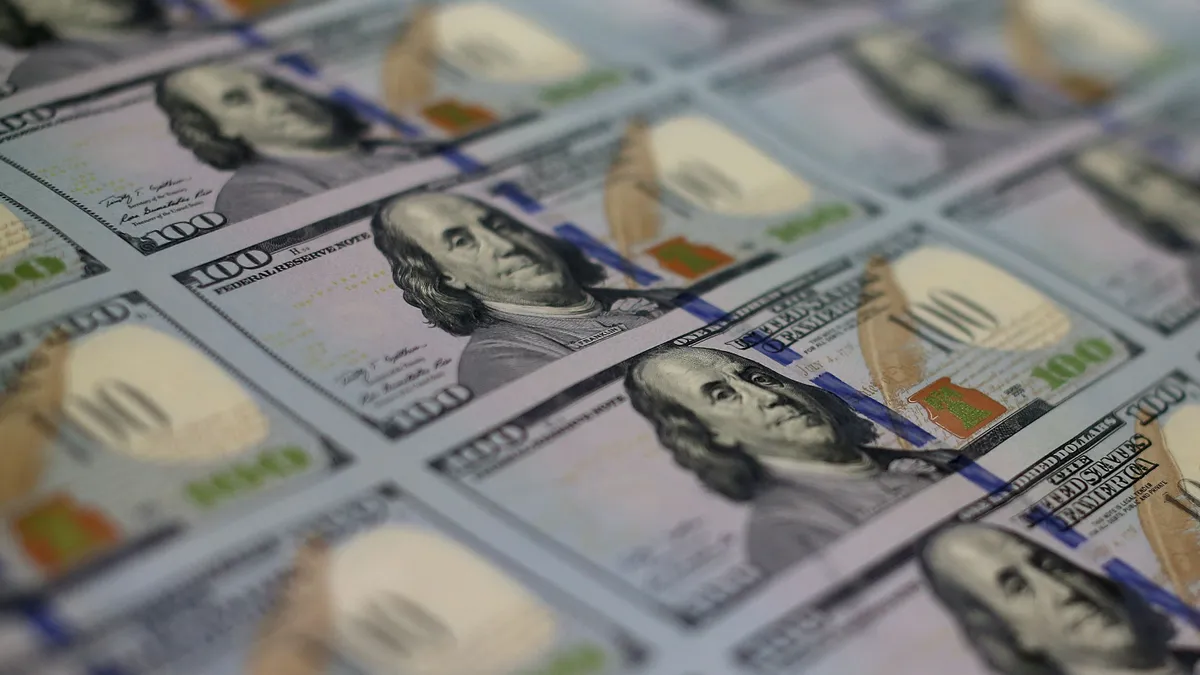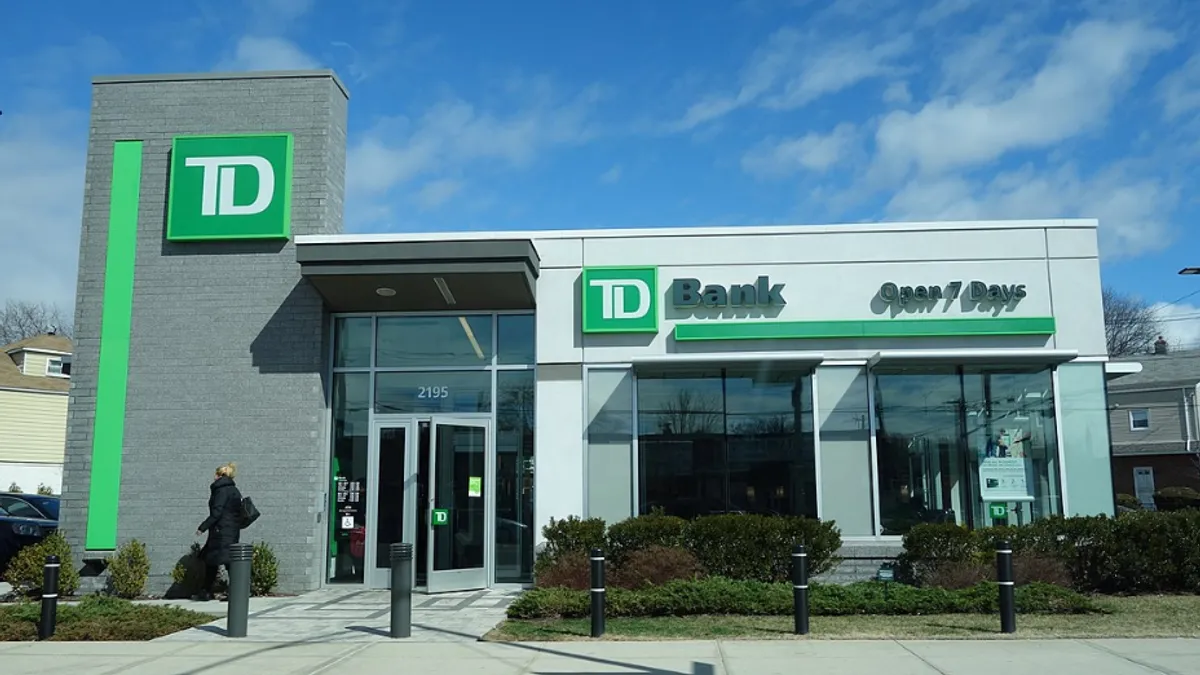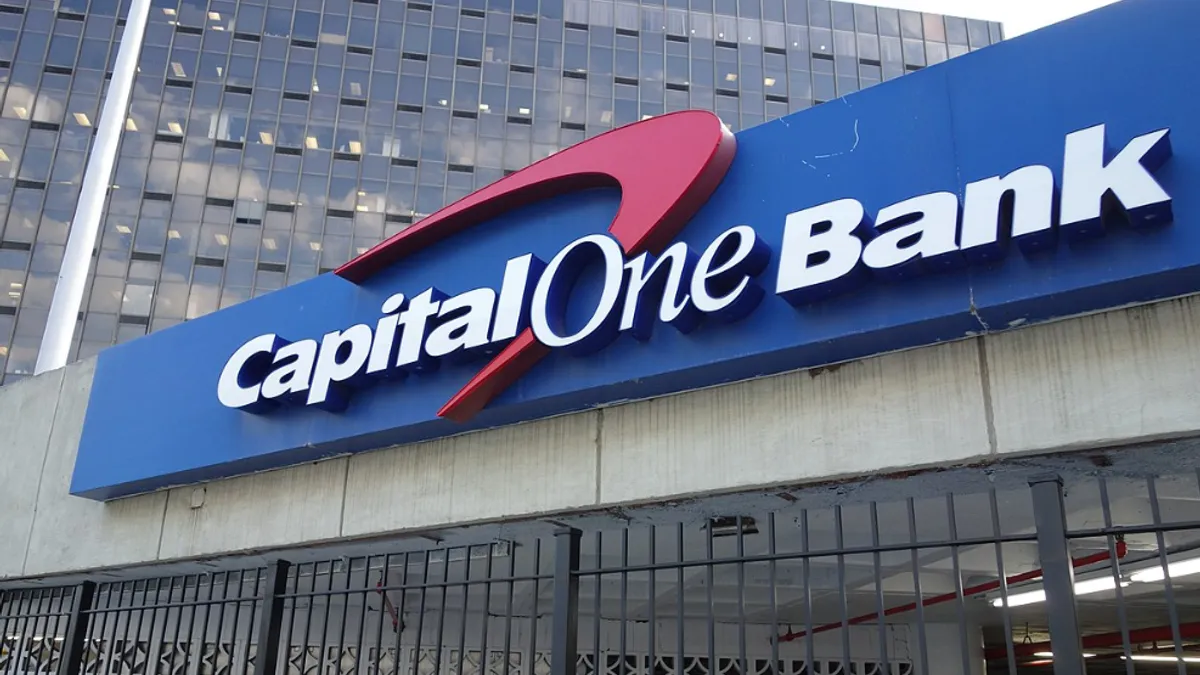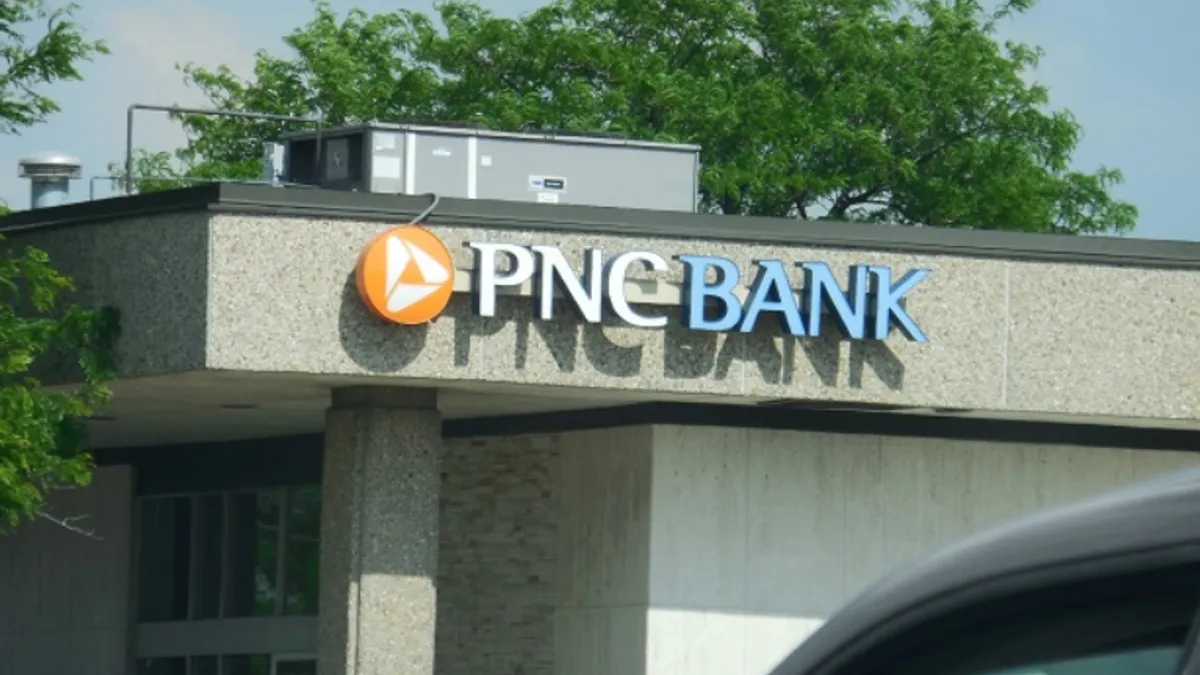Rep. Carolyn Maloney, D-NY, said Wednesday she plans to introduce her Overdraft Protection Act next week. She has introduced the bill in every Congress since 2009, but has yet to see it pass.
This session will be different, the congresswoman said, adding she is confident her bill, which would force more transparency on predatory overdraft practices, will make it to President Joe Biden’s desk.
"The stars have come together," Maloney said. "We have a Democratic House, a Democratic Senate and a Democratic president — all of whom will support it. And I think that during the COVID-19 pandemic, we saw how financially strapped people were and how much happened in fees."
Overdraft fees — the funds banks charge customers when they overdraw their accounts — became a hot-button issue during a pair of congressional hearings in front of the House and Senate last month.
During the virtual hearings, the CEOs of the nation’s six largest banks were grilled by Democratic lawmakers over the fees their banks collected amid the coronavirus pandemic, with JPMorgan Chase CEO Jamie Dimon taking most of the heat for the $1.5 billion in fees his bank collected during the period.
"During the pandemic, when our country and world were contending with an economic crisis and a health crisis, the larger banks collected more than $8 billion in overdraft fees," Maloney said. "Some of the banks have stopped collecting them during the COVID pandemic, others have taken initiatives to help in this way, but there needs to be federal relief because it's so harmful to people."
During last month’s Senate hearing, Sen. Elizabeth Warren, D-MA, called Dimon "the star of the overdraft show" and challenged him to commit to refunding the overdraft fees it collected during the pandemic, a request Dimon refused.
A bank spokesperson said it waived more than $430 million in overdraft fees at customers’ requests from January 2020 through March 2021, according to The New York Times.
Maloney’s bill would prevent banks from charging a customer more than one overdraft fee in any calendar month, and would limit to six the number of overdraft fees a bank can charge a customer per year.
It would also prevent banks from posting transactions to maximize overdraft fees, such as ordering transactions from the largest to the smallest, forcing customers to overdraw their balance quicker and more frequently.
The bill also requires banks to make certain disclosures, such as their overdraft fee limit, opt-in policies and alternative options to overdraft coverage.
"Some institutions provide information about alternative services that they have, which is good. Some of them even have small loans. There are a number of different things that organizations are doing," Maloney said.
Overdraft alternatives
Several traditional lenders such as Huntington Bank, PNC and Frost Bank have recently introduced services aimed at helping their customers avoid overdraft fees.
Columbus, Ohio-based Huntington this month debuted Standby Cash, which gives eligible customers immediate access to a line of credit up to $1,000, a feature it says will help customers avoid overdraft and build credit.
Pittsburgh-based PNC in April announced plans to roll out "low cash mode," which alerts customers when their balance is low. If an account is negative, low cash mode provides 24 hours of "extra time" to prevent or address overdrafts before fees are charged.
Frost Bank launched an overdraft grace feature in April that allows the San Antonio-based bank’s customers to overdraw their checking accounts on transactions up to $100.
Maloney said she applauds the efforts of such banks that are offering alternatives to overdraft fees but said legislation is still needed.
"It's hard for us to demand that a bank have a $1,000 line of credit. I think it's a wonderful thing that [Huntington] did it, but I think a better approach, going forward, is to stop the unfair, deceptive practices that push people into overdraft," she said. "We can require [banks] to provide information about any alternative overdraft services and products that are available at such institutions."
Maloney and several other Democratic colleagues from New York have followed up on Warren’s challenge to Dimon.
"[W]e urge you to refund the overdraft fees [JPMorgan] charged to consumers during the COVID-19 pandemic and to change JPM’s overdraft practices to stop charging these predatory fees in the future," the lawmakers wrote in a letter addressed to Dimon last week.
Maloney said the group has yet to receive a response.



